The plague of shoplifting gangs
Retailers say they’re under an assault by robbery rings of unprecedented aggression and scale
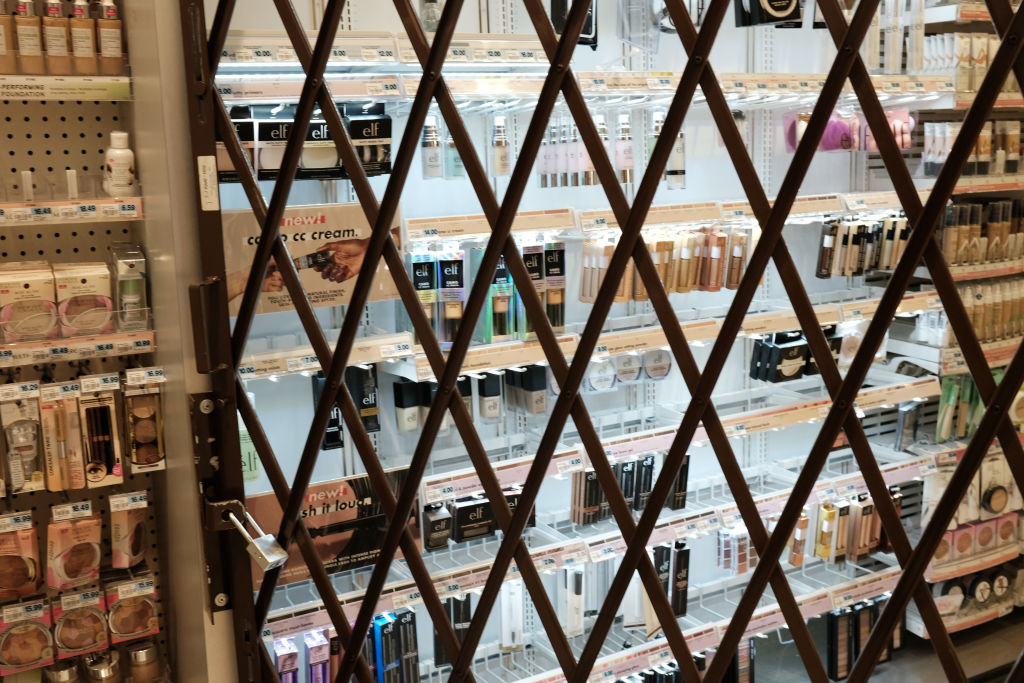
A free daily email with the biggest news stories of the day – and the best features from TheWeek.com
You are now subscribed
Your newsletter sign-up was successful
Retailers say they're under an assault by robbery rings of unprecedented aggression and scale. Here's everything you need to know:
How bad is the problem?
"It is just out of control," said Lisa LaBruno, an official at the Retail Industry Leaders Association. In a Business.org survey of 700 small businesses last year, 54 percent reported a rise in shoplifting and 23 percent said they were robbed daily. Both small and large retailers are sounding the alarm: Last year a CVS official told Congress shoplifting was up 300 percent over pre-pandemic figures; in December, Walmart CEO Doug McMillon warned that spiking theft could lead to higher prices and/or store closures. Retail theft reports were up 52 percent over 2021 in Philadelphia last year; in New York City, they rose 45 percent. Nearly a third of all shoplifting arrests in New York City in 2022 involved just 327 people who were arrested and re-arrested more than 6,000 times, police say. Big retailers and small stores in many cities say their employees live in fear, amid daily threats of violence or actual violence.
Why is this happening?
This wave of rip-offs is not being driven by individual shoplifters, but by large, organized theft operations that sell stolen goods online. Retailers and experts say the problem spiked during the pandemic, when stores cut back on staff. Venues like Amazon and eBay give thieves a convenient way to resell stolen goods. Last year the Prosecutors Alliance of California estimated that $500 billion worth of stolen or counterfeit goods are sold every year through online marketplaces. Some operations recruit drug addicts as "boosters," instructing them what to steal. "This is not petty theft," said Walgreens CFO James Kehoe. "These are gangs that actually go in and empty our stores of beauty products."
The Week
Escape your echo chamber. Get the facts behind the news, plus analysis from multiple perspectives.

Sign up for The Week's Free Newsletters
From our morning news briefing to a weekly Good News Newsletter, get the best of The Week delivered directly to your inbox.
From our morning news briefing to a weekly Good News Newsletter, get the best of The Week delivered directly to your inbox.
How do boosters operate?
Retailers and store employees say many thieves have become stunningly brazen, storming in and openly taking what they want. "These criminals feel like they own the store," said Tony Settles, a clerk at a Denver Safeway. Standard policy at chain retailers is for employees not to confront the thieves, fearing it will lead to violence and possible lawsuits. As the same thieves strike repeatedly, said Jaden Mitchell, a clerk at a CVS in Philadelphia's Center City, "all we can do is watch. They come in with bags, fill the bags. They leave." Flash mob-style shoplifting hits have made national headlines, such as an incident north of San Francisco where about 80 people looted at a Nordstrom store. Last week, Whole Foods shuttered a San Francisco store that had been repeatedly hit by gangs of thieves, citing fear for staffers' safety. Such incidents have helped turn shoplifting into a political issue.
How is it political?
Many conservatives argue that the problem has been worsened by liberal criminal justice policies such as ending cash bail and ending prosecution of low-level offenses. In cities like New York, Philadelphia, and Chicago — where theft has driven numerous retailers to close stores on the Magnificent Mile retail strip — shoplifting arrests have dropped even as crimes have surged. Many states have raised dollar limits on what theft constitutes a felony; critics say charging shoplifters with misdemeanors essentially gives them a green light to come back for more. There's some evidence to back this up: a nonpartisan public policy institute in California found that shoplifting went up after a 2014 referendum raised the felony bar to $950. New York City Mayor Eric Adams cited the shoplifting crisis when asking state lawmakers to reconsider bail laws that were relaxed in 2019. "We can't have a city where our drugstores and bodegas and restaurants are leaving because people are walking into the stores, taking whatever they want on the shelves, and walking out," he said.
How are retailers responding?
They're adopting various measures to deter shoplifting — the simplest of which is to put a growing percentage of merchandise under lock and key. Many pharmacies now put even basic items like toothpaste behind locked plexiglass, which cuts theft at the expense of actual sales. Chains like Best Buy are locking up a growing number of items, and Home Depot and Lowe's have introduced power tools that won't work until they're activated at the register. Other retailers have rolled out sophisticated security tags and sensors, parking lot surveillance units, and even facial recognition software to flag the presence of repeat offenders.
What else is being done?
After lobbying by major retailers, Congress passed legislation in December requiring online sellers such as Amazon to collect tax ID numbers and other information from high-volume sellers to help identity thieves. Numerous cities and states, including California, Illinois, and Arizona, have created anti-shoplifting task forces, and other states, including Florida and North Carolina, have stiffened penalties for thieves who steal with the intent to resell. Some say the shoplifting boom has a social effect that cuts deeper than retail losses; Kyong Barry, a manager at an Auburn, Washington, Safeway, says she now sees regular customers walking out with unpaid items. "Some people think: Why should I pay if others are not?"
A free daily email with the biggest news stories of the day – and the best features from TheWeek.com
Online 'bargains' may be stolen
Small-ticket items such as cosmetics and laundry detergent are among the most shoplifted goods, but some major busts have shown how fences can turn them into multimillion-dollar enterprises. Last year, Chicago-area investigators recovered $7.5 million in goods such as allergy medicines and beauty products from operators who allegedly bought pilfered items from boosters at Chicago storefronts and shipped them to online sellers in California and New York. Prosecutors in New York last year seized nearly $4 million in stolen goods from Roni Rubinov, a 42-year-old they said worked from a midtown office, sending dozens of boosters out to steal from stores such as CVS and Sephora, giving them lists of desired items. One of the biggest cases was in the San Francisco Bay Area, where in 2020 law officers seized a warehouse packed with $8 million worth of health and beauty products, including $1.6 million in razor blades. If you buy toiletries and beauty products online, said Ben Dugan, an organized-crime expert at CVS, "You might be contributing to something bigger that you don't understand."
This article was first published in the latest issue of The Week magazine. If you want to read more like it, you can try six risk-free issues of the magazine here.
-
 Local elections 2026: where are they and who is expected to win?
Local elections 2026: where are they and who is expected to win?The Explainer Labour is braced for heavy losses and U-turn on postponing some council elections hasn’t helped the party’s prospects
-
 6 of the world’s most accessible destinations
6 of the world’s most accessible destinationsThe Week Recommends Experience all of Berlin, Singapore and Sydney
-
 How the FCC’s ‘equal time’ rule works
How the FCC’s ‘equal time’ rule worksIn the Spotlight The law is at the heart of the Colbert-CBS conflict
-
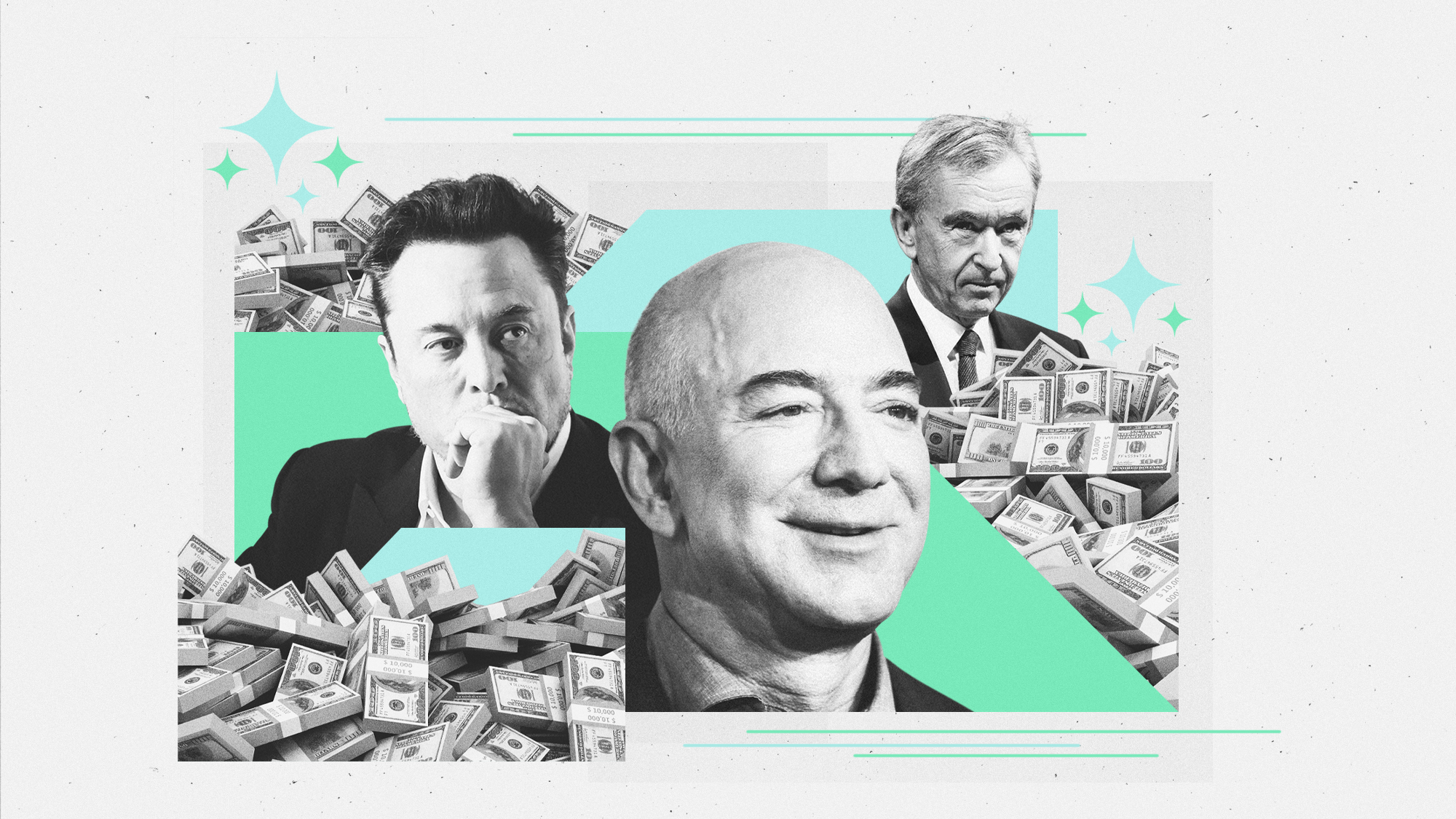 The rise of the world's first trillionaire
The rise of the world's first trillionairein depth When will it happen, and who will it be?
-
 The surge in child labor
The surge in child laborThe Explainer A growing number of companies in the U.S. are illegally hiring children — and putting them to work in dangerous jobs.
-
 Your new car may be a 'privacy nightmare on wheels'
Your new car may be a 'privacy nightmare on wheels'Speed Read New cars come with helpful bells and whistles, but also cameras, microphones and sensors that are reporting on everything you do
-
 Empty office buildings are blank slates to improve cities
Empty office buildings are blank slates to improve citiesSpeed Read The pandemic kept people home and now city buildings are vacant
-
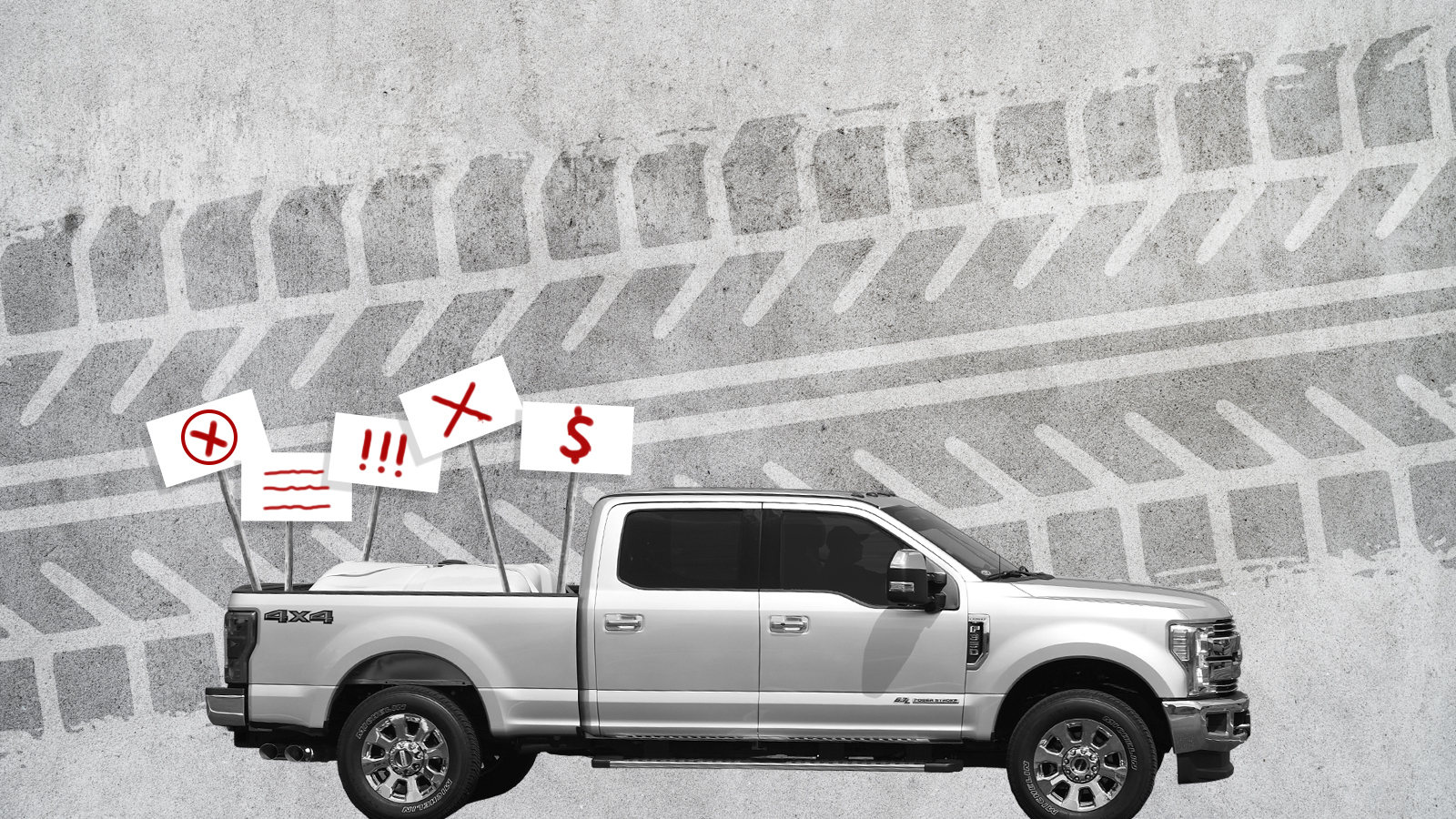 Why auto workers are on the brink of striking
Why auto workers are on the brink of strikingSpeed Read As the industry transitions to EVs, union workers ask for a pay raise and a shorter workweek
-
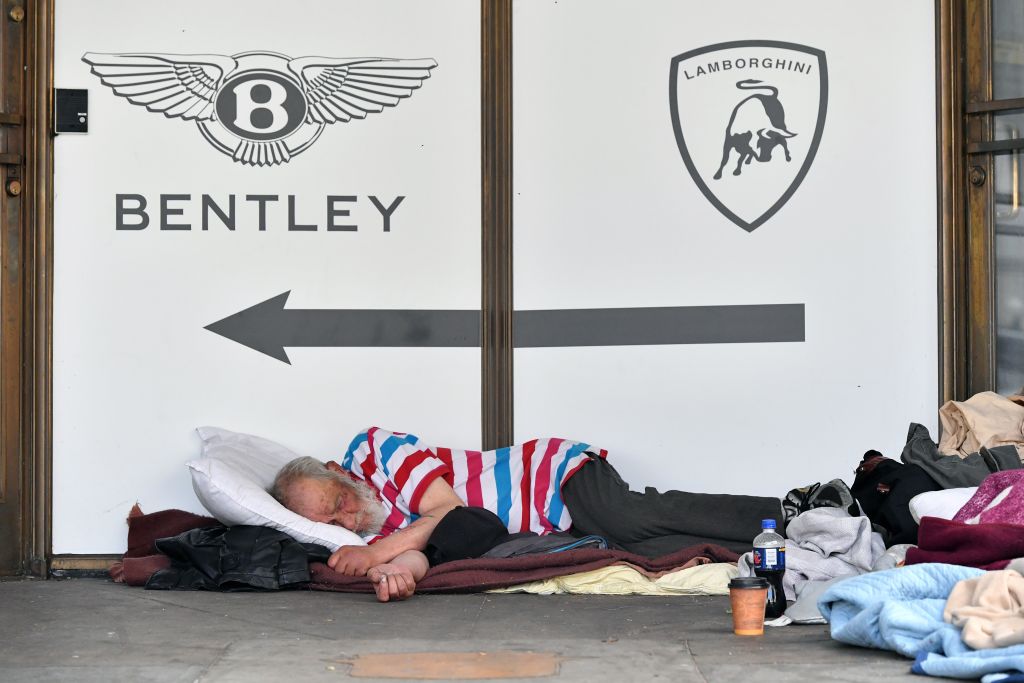 American wealth disparity by the numbers
American wealth disparity by the numbersThe Explainer The gap between rich and poor continues to widen in the United States
-
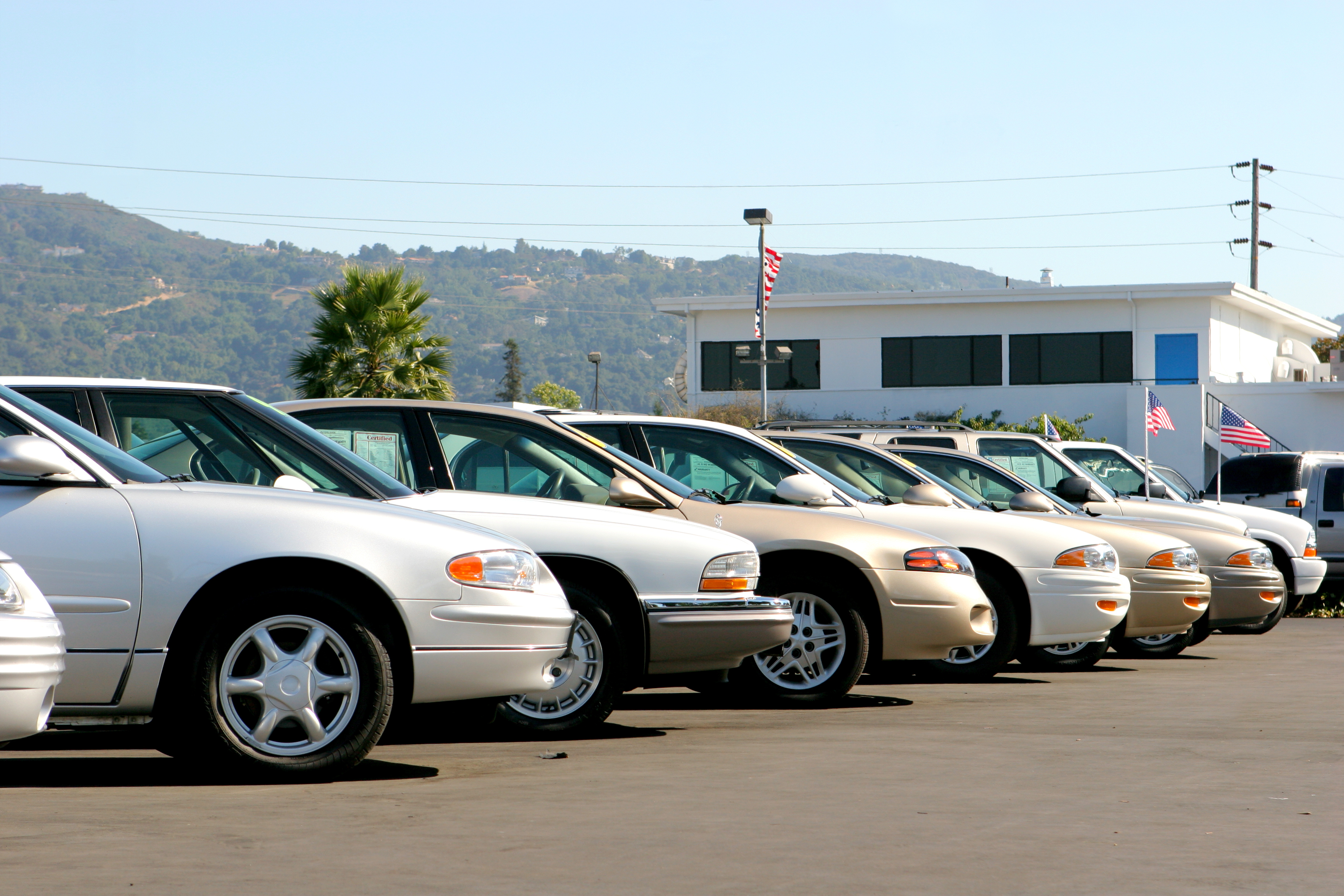 Cheap cars get run off the road
Cheap cars get run off the roadSpeed Read Why automakers are shedding small cars for SUVs, and what that means for buyers
-
 Vietnamese EV maker VinFast wows with staggering Nasdaq debut
Vietnamese EV maker VinFast wows with staggering Nasdaq debutSpeed Read Can the company keep up the pace, or is it running out of gas?